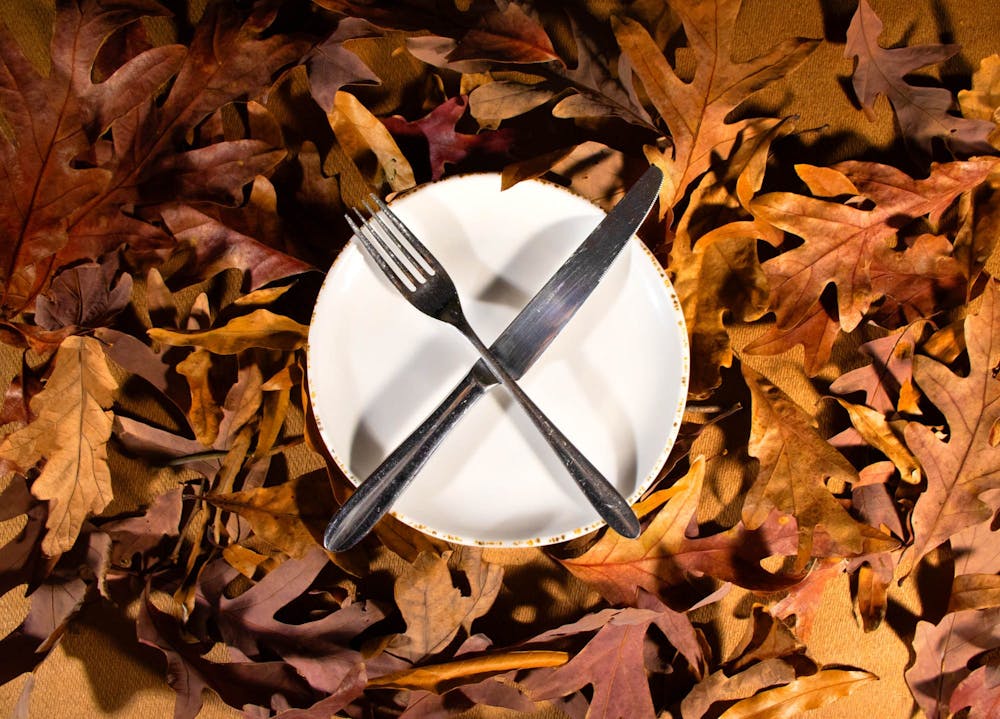Don’t get me wrong, there are clear reasons why many of us — including myself — enjoy Friendsgiving. It’s an excuse to come together with friends and family, chosen or otherwise, and eat delicious food.
It’s a celebration of the harvest, centering joy and gratitude ahead of darker and colder days in the winter. In a time like now, that has been characterized by isolation and loneliness, it can feel more important than ever.
But for all of this positivity, the celebration still revolves around the most controversial American tradition: Thanksgiving.
The holiday, which many observe as the National Day of Mourning, remains mired in the intertwining legacies of genocide and the repeated attempts to cover up and erase that very genocide. Many Americans simply don’t observe the holiday of Thanksgiving at all, conscientiously objecting for one reason or another.
It is impossible to deny the attempted genocide of Native Americans never ended, it just evolved. Nations were attacked and displaced. Generations of children were stolen in an attempt to prevent cultural traditions from being passed down. Blood quantums were imposed to divest communities of their land. An entire racial group was depicted as a relic of the past instead of as contemporary peoples.
In recent years, Native Americans have faced mass incarceration and horrifying COVID-19 infection, hospitalization and mortality rates. Despite all this, Native Americans continue to organize to preserve and advance their cultures, languages and communities and to reinforce their sovereignty over their land.
As many adult settlers, refugees and immigrants reckon with the true history of Thanksgiving, it opens a question: how does one address the bloody elephant in the room?
The holiday already feels too deeply entrenched for many of us to do away with altogether. On a purely logistical level, this is one of two days out of the entire year the majority of your family can reliably take the day off (Black Friday workers notwithstanding).
Oglala Lakota Chef Sean Sherman, urges people to use the holiday to not just eat indigenous foods like turkey, corn and pumpkin, but to gain a better understanding of Native American history and support Native American growers. In an opinion piece for TIME, he writes, “There is no need to make Thanksgiving about a false past. It is so much better when it celebrates the beauty of the present.”



